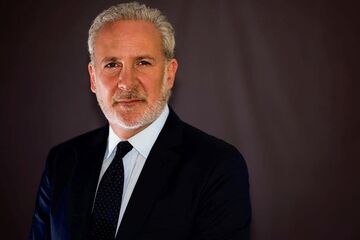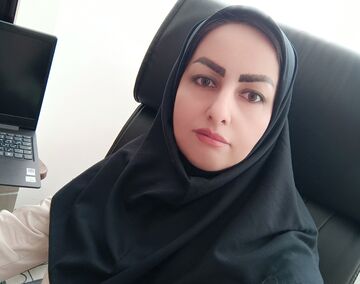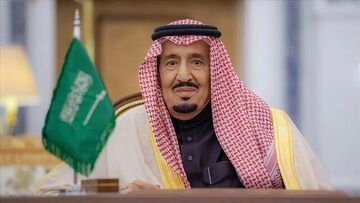TEHRAN(Bazaar) –Shireen Tahmaasb Hunter, a professor of political science at Georgetown University, tells the Bazaar that The JCPOA is not a treaty and thus not subject to the Senate's ratification.
She says: “Reviving it also will not need Senate ratification, unless a whole new treaty is drafted, which is highly unlikely.”
“To safeguard its interests, Iran needs to talk to the US, not only in the context of the Vienna talks, but in general. Intermediaries, like Russia, China, and some Persian Gulf states are interested in advancing their own interests and not those of Iran,” Hunter comments.
Following is the text of the interview:
Bazaar: Recently, there was news about a change in the US nuclear negotiating team, and “Richard Nephew”, who is known as the designer of US sanctions against Iran, has left the team. Some see this change as a positive signal to Iran. What is your opinion?
Hunter: Decisions about the JCPOA will be taken by the highest ranking officials in the US, namely President Biden and the Secretary of State, Antony Blinken. Figures like Richard Nephew are not the main decision makers. Nephew's decision to leave the negotiating team is a personal act of protest designed to demonstrate his disagreement with the more accommodating positions of other officials, notably Robert Malley. His departure does not mean that the US would accept Iran's conditions. It only means that other members of the US team are more open to compromise.
Bazaar: If we assume that these changes are a positive signal to Iran, will the Biden government be able to be safe from the consequences of the attacks of the Republicans and the opponents of the JCPOA? Will there be no action to break the agreement in Congress?
Hunter: The JCPOA is not a treaty and thus not subject to the Senate's ratification. Reviving it also will not need Senate ratification, unless a whole new treaty is drafted, which is highly unlikely. Therefore, members of Congress can only express their disapproval with the JCPOA's revival, but they cannot prevent it.
Bazaar: Iran has recently stated that it is willing to negotiate directly with the United States on nuclear issues if sanctions are lifted. Meanwhile, the United States has already called for direct talks with Iran. Will Iran's action at this stage increase the likelihood of an agreement?
Hunter: To safeguard its interests, Iran needs to talk to the US, not only in the context of the Vienna talks, but in general. Intermediaries, like Russia, China, and some Persian Gulf states are interested in advancing their own interests and not those of Iran. Consequently, it is not clear whether they even transmit Iran's positions correctly. The idea that the Russian representative in the Vienna talks should talk on Iran's behalf is not only unwise, but humiliating. For a government, which insists on maintaining national pride, accepting Russia speaking on Iran's behalf is surprising.
Bazaar: The Qatari Foreign Minister visited Iran and will travel to the United States. Does these trip carry a message about the nuclear deal?
Hunter: Everybody wants to curry favor with Washington by acting as a go between Tehran and Washington. So the Emir of Qatar might want to perform this task as well. But as I said, it is better that Iran speaks for itself.
Bazaar: Meanwhile, Jake Sullivan recently met with Israeli officials to discuss an interim agreement with Iran, and White House Middle East Coordinator Brett McGurk said Iran and the United States were on the verge of a possible agreement to return to the JCPOA. And the Biden government is still focused on returning the nuclear deal and has no interest in a “less-for-less” interim deal. What is the reason for the Biden government's focus on the full revival of the JCPOA instead of the interim agreement (Iran had also rejected any interim agreement)?
Hunter: Jake Sullivan's visit to Israel is aimed to prevent Tel Aviv from sabotaging a potential agreement on JCPOA. To revive the JCPOA, the US needs to convince Israel that its security interest would be safe.















نظر شما